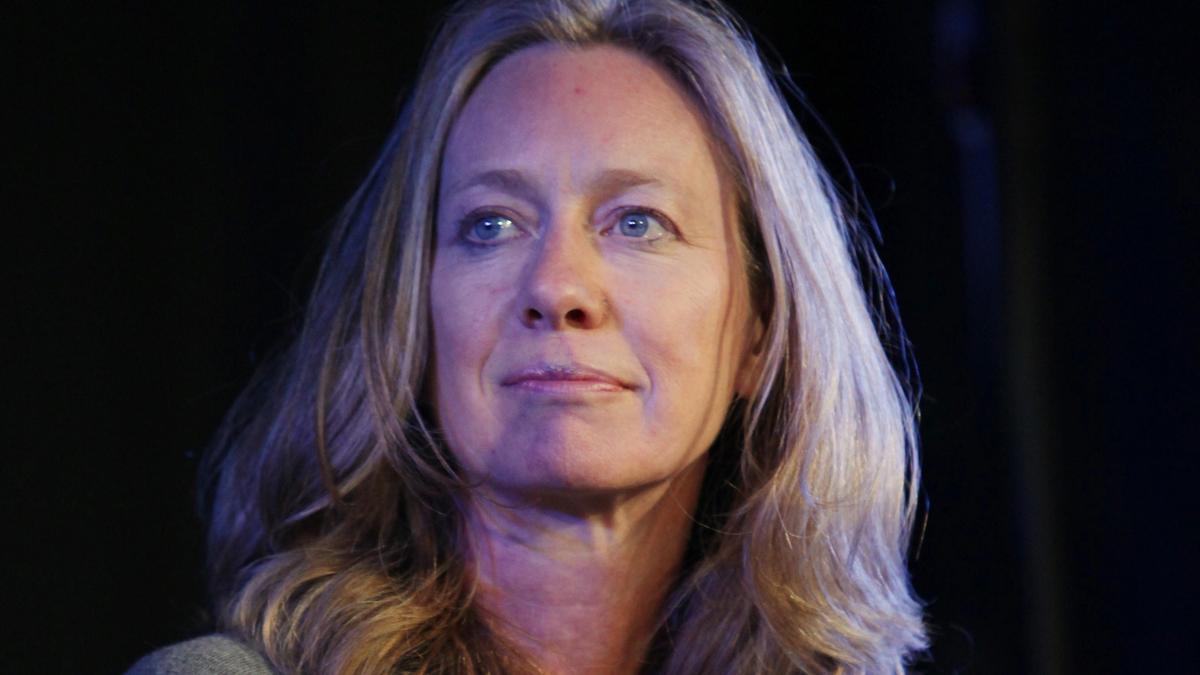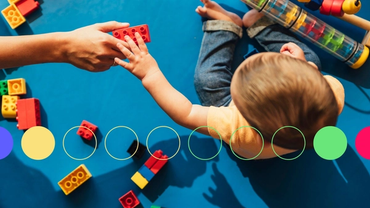23 Sep, 2022
What I Wish I'd Known
‘Until there is equality at home women will never be able to “do it all”’
Since mum of four and CEO Justine Roberts founded Mumsnet 22 years ago, women’s lives have become more complicated and stressful as they juggle more working hours, children negotiating a world of smart phones, social media and FOMO. But there is an answer…

By Justine Roberts
I set up Mumsnet 22 years ago, and in that time, our female users' lives have become more complicated.
And it's not just the mums who are affected; with the advent of the smartphone and social media, our children’s lives have become more complicated too.
Our users - predominantly women between 30 and 50 - have become more stressed: more of them are working than they did before, and many are juggling two jobs.
For children, social media exacerbates the problems of the teenage years. Our kids are much more aware of what everyone’s up to, everyone’s popularity and the things you are not invited to. I can’t imagine how difficult that would have been when I was growing up.
It’s very hard not to feel FOMO - and I think that applies to adults too.
Tech companies are unbelievably clever about getting you addicted to their products, and we’re only now beginning to see what it’s doing to our mental health.
Social media is a fantastically powerful tool and it enables people to connect and organise, but it also can be incredibly dangerous in terms of grabbing your attention, making you feel acutely aware of other people’s ‘better lives’ and not being able to get away with the stupid things that we all do when we are young.
Then there’s the fear of being cancelled. I have heard from the young people I know that there’s a genuine anxiety about saying the wrong thing and the whole world cancelling them.
We are the guinea pig generation for parenting these new challenges.
More children have mental health issues
In our surveys of users during Covid, three-quarters of parents said their kids had encountered some kind of mental health problem. More young people are suffering from depression and anxiety, as well as self-harm and eating disorders.
There is much more talk of mental health issues affecting young people on our boards. And amongst our users - their parents - as well.
Some of this is due to people being much more open about it than they used to be. But I don’t think being on social media for long periods of time does much for one’s happiness. We have our own reference points to our childhood and the number of kids in classes who would say they struggled and were on some kind of medication. That’s a completely different order of magnitude today. I remember one girl in my school being anorexic, and it was seen as an extreme thing. Clearly something has changed.
It’s a myth women should be even trying to ‘do it all’
For mothers, life has become busier and more stressful. It’s a combination of trying to ‘do it all’ and still not getting a lot of help from your partner.
Personally, I think it’s a myth that women should be even trying to ‘do it all’. One of my big bug-bears over the years is that when it comes to domestic and childcare responsibilities, mothers are still picking up - by far - most of the burden
When we’ve surveyed users on the ‘chore war’ mums are almost always still the point person for the school, for arranging the help, the play dates, the birthdays and the doctors’ appointments.
Thankfully, there have been some changes. Our younger users have a slightly more even distribution. But it’s absolutely not 50-50.
And I think the problem is that in a world where more women are working more hours - about four out of five of our users are working outside the home now whereas it used to be more like two-thirds - they’ve still got the bulk of the household tasks .
There is no gender pay gap until motherhood
I feel pretty strongly that this is the reason for the gender pay gap or - as it could more accurately be called - the motherhood pay gap.
The stats show that the gender pay gap only begins when women have children. My contention is - and it’s borne out of our research at Mumsnet - that people downsize their careers because they have so much else to cope with.
They are less likely to go for promotion and more likely to reduce their hours, exacerbated of course by the crippling cost of childcare.
There is also some evidence that employers are more reluctant to employ women who they think are about to embark upon child rearing.
So it’s not really that women can’t have it all, it's that they can’t do it all in a world where the domestic set up is still deeply unequal.
What I personally realised bringing up my children was that you had to give up a few things and not be a perfectionist.
It was really a case of carving out what was important, protecting that at all costs and letting everything else slip a bit. In my case I let slip the stuff around the school - accepting I was never going to be the active PTA parent.. There was no huge amount of care or love going into packed lunches or cake sales, for example.
Paternity leave is the key to domestic equality
So how do we solve this problem? I believe paternity leave is key. The stats show that the more involved the father is in the first years of a child’s life the more they stay involved, but our woeful paternity leave in the UK doesn’t enable this
Childcare can also be problematic. Once your paid maternity leave is over the government support for childcare doesn’t kick in for most parents until children are three.
So there’s a gap where many women are forced to downsize their careers and this has lasting repercussions - including on their pensions. Women’s pensions have about a quarter of the value of men’s.
Of course, some mums - and dads! - choose to make major changes in their lives at this point and to stay at home with their kids. But that's the point - it should be a choice, not a decision that's forced on them. For those women who do want to continue working when they have young kids, it's important to realise the most difficult period is relatively short - and if you can get through it, you’ll be paid back over the course of your career.
There’s a lot employers can do to make it easier for mothers, and for parents generally, to maintain their seniority at work while they have young kids, principally by giving them some flexibility during that period.
During the pandemic, lots of people have embraced flexible working in a way that they never did before - and we’ve seen how well it can work
Very often it’s the proximity to their kids’ schools or childcare settings which people find difficult - two parents being miles away and not being able to cope with urgent situations isn’t easy.
It’s good that people can now work in a hybrid way - not wasting time on commuting, able to be back at a reasonable hour to pick up your kids from school. It’s almost become a fundamental right of employment whereas before a culture of presenteeism made things more difficult than they needed to be.
We know that the number one thing that women want from their employers is flexibility - so I’m hopeful that if employers continue to embrace post-Covid change then things will start to get better.
Justine is the Founder and CEO of Mumsnet and Gransnet.



